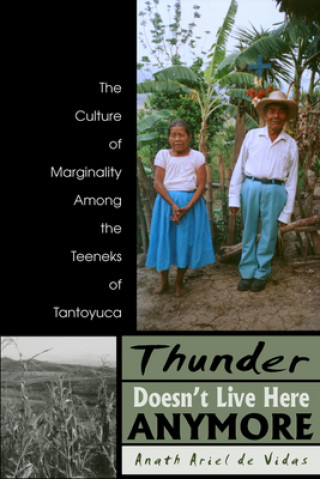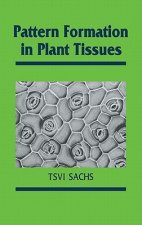
Doručení
Nákupní rádce





Nehodí se? Vůbec nevadí! U nás můžete do 30 dní vrátit
 Dárkový poukaz
V libovolné hodnotě
Dárkový poukaz
V libovolné hodnotě
S dárkovým poukazem nešlápnete vedle. Obdarovaný si za dárkový poukaz může vybrat cokoliv z naší nabídky.
Thunder Doesn't Live Here Anymore
 Angličtina
Angličtina
 93 b
93 b
 Připravujeme
Připravujeme
 Termín neznámý
Termín neznámý
30 dní na vrácení zboží
Mohlo by vás také zajímat


Now available in English, Thunder Doesn't Live Here Anymore explores the highly unusual worldview of the Teenek people of Tantoyuca, Veracruz, whose self-deprecating cosmology diverges quite radically from patterns of positive cultural identity among other indigenous groups in Mexico. The Teenek speak of themselves as dirty, dumb, ignorant, and fearful, a vocabulary that serves to justify the Teenek's condition of social and spatial marginality in relation to their mestizo neighbors. However, as Anath Ariel de Vidas argues in this masterful ethnography, this self-denigration--added to the absence among the Teenek of emblematic Indian features such as traditional costumes, agricultural rituals, specific ceremonies, or systems of religious cargos or offices--are not synonymous with collective anomie. Rather, as Ariel de Vidas demonstrates, their seeming ontological acceptance of a marginal social and economic condition is--in its own peculiar way--a language of indigenous resistance.
Informace o knize
 Angličtina
Angličtina
Kategorie




 Jak nakupovat
Jak nakupovat


























